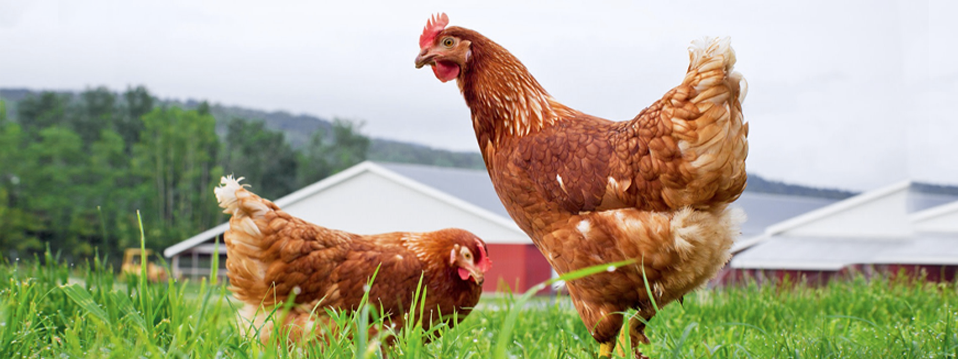
Sep . 16, 2024 03:05 Back to list
tylan soluble tylosin tartrate manufacturer
Tylan Soluble Tylosin Tartrate A Comprehensive Overview
Tylosin tartrate, commonly referred to as Tylan, is a macrolide antibiotic primarily used in veterinary medicine. Its applications range from the treatment of respiratory infections in livestock to the prevention of diseases caused by specific pathogens. As a soluble formulation, Tylan. soluble tylosin tartrate plays a significant role in the pharmaceutical industry, particularly among manufacturers focusing on animal health.
Manufacturing Process
The manufacturing of soluble tylosin tartrate involves a series of meticulous processes designed to ensure the highest quality and efficacy. The production typically begins with the fermentation of specific strains of Streptomyces fradiae, a bacterium known for its antibiotic properties. This fermentation process is carefully controlled to optimize the yield of tylosin, which is then extracted and purified.
Once extracted, tylosin is combined with tartaric acid to form tylosin tartrate, which enhances its solubility in water, making it more effective for oral administration in livestock. This step is crucial as the bioavailability of the antibiotic can significantly impact its therapeutic effectiveness. The final product is then subjected to rigorous testing to ensure that it meets the established pharmaceutical standards for purity, potency, and stability.
Applications in Veterinary Medicine
Tylan is widely utilized in the treatment of various infections in poultry, swine, and other livestock. Its effectiveness against Gram-positive bacteria, particularly those causing respiratory diseases, makes it a valuable tool for veterinarians and farmers alike. Poultry, especially chickens, are prone to ailments such as chronic respiratory disease (CRD) caused by Mycoplasma species. The administration of soluble tylosin tartrate aids in reducing mortality rates and improving overall health in affected flocks.
tylan soluble tylosin tartrate manufacturer

In swine production, Tylan is often employed to treat and prevent pneumonia and other infections, thus enhancing the growth and productivity of pigs. By maintaining animal health, Tylan not only supports the welfare of livestock but also contributes to the economic viability of livestock operations.
Regulatory Considerations
Manufacturers of soluble tylosin tartrate must comply with various regulatory standards set forth by organizations such as the FDA and the European Medicines Agency. These regulations ensure that the product is safe for animal consumption and effective for its intended use. The approval process involves comprehensive clinical trials and extensive data on the antibiotic's safety profile and efficacy.
Environmental and Ethical Considerations
As the use of antibiotics in agriculture faces increased scrutiny due to concerns over antibiotic resistance, manufacturers of tylosin are responding by promoting responsible usage guidelines. They are also exploring alternative therapies and strategies to reduce reliance on antibiotics while ensuring that animal health is not compromised.
Conclusion
In conclusion, soluble tylosin tartrate, under the brand name Tylan, remains a cornerstone of veterinary medicine, particularly in the management of infections in livestock. Its manufacturing involves meticulous processes to ensure quality, while its applications continue to contribute to animal health and agricultural productivity. As the industry evolves, ongoing research and regulatory efforts will guide the responsible use of this valuable antibiotic, balancing the needs of animal welfare with public health concerns.
-
China Salivation AI with GPT-4 Turbo Features
NewsAug.01,2025
-
Epic Sepsis Factories: AI-Driven Detection with GPT-4 Turbo
NewsJul.31,2025
-
Acute Salpingitis and Oophoritis AI Factory
NewsJul.31,2025
-
Premium China Bacillus Subtilis Supplier & Factory Solutions
NewsJul.30,2025
-
Premium Avermectin Supplier in China | Custom Solutions Available
NewsJul.29,2025
-
China Bacillus Subtilis Supplier - Custom Factory Solutions
NewsJul.29,2025




